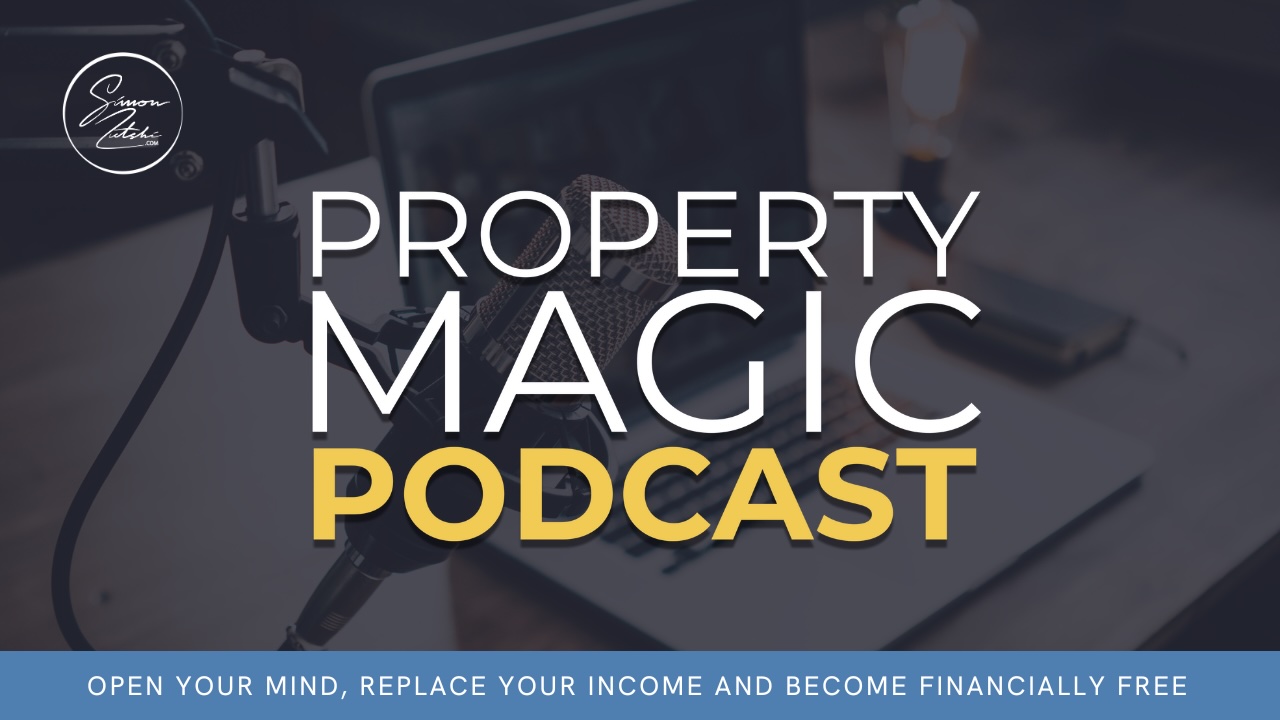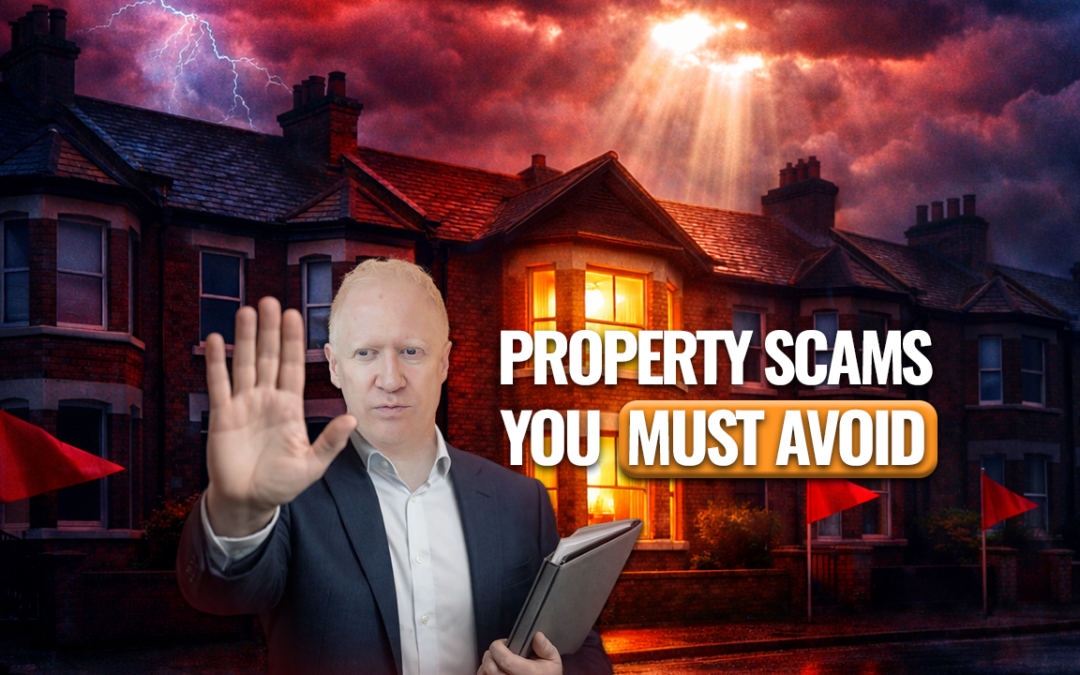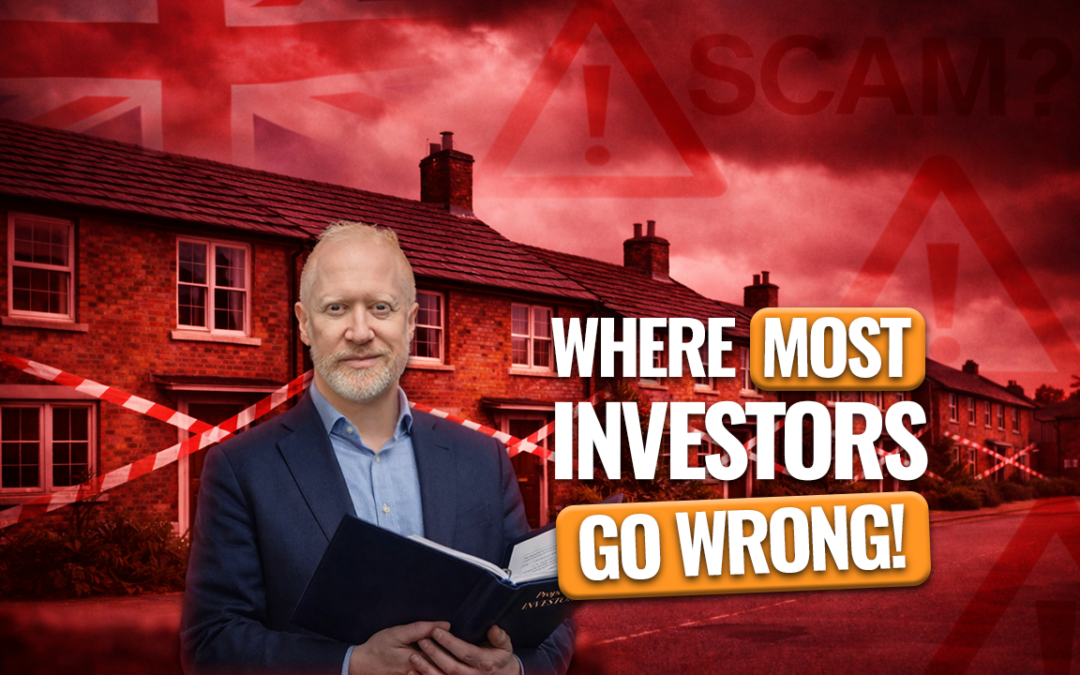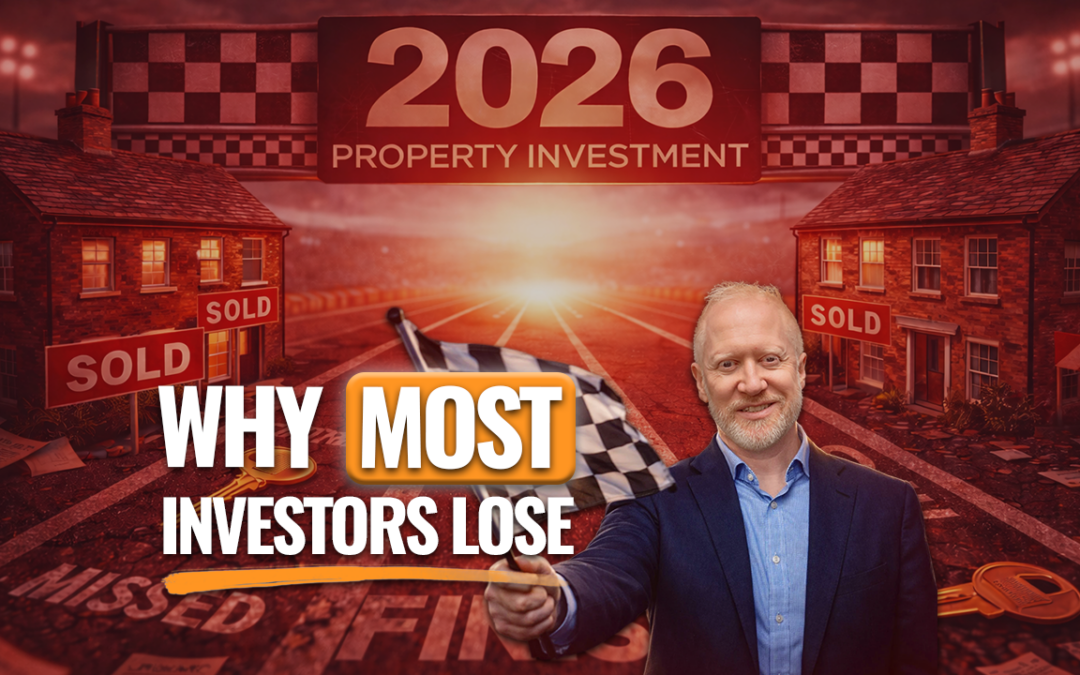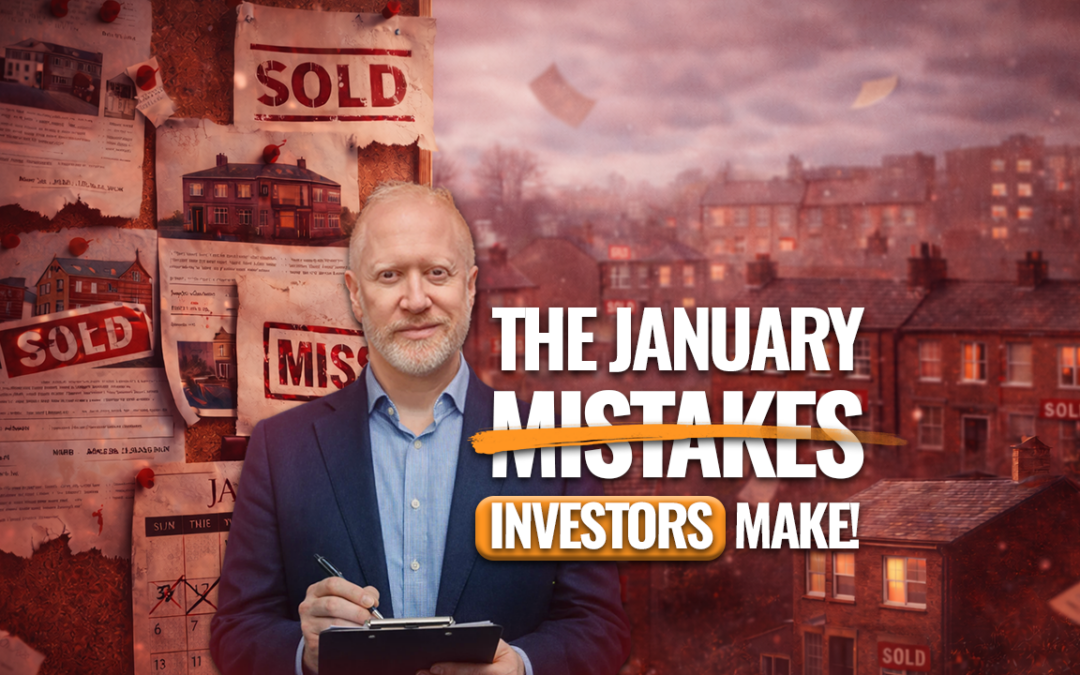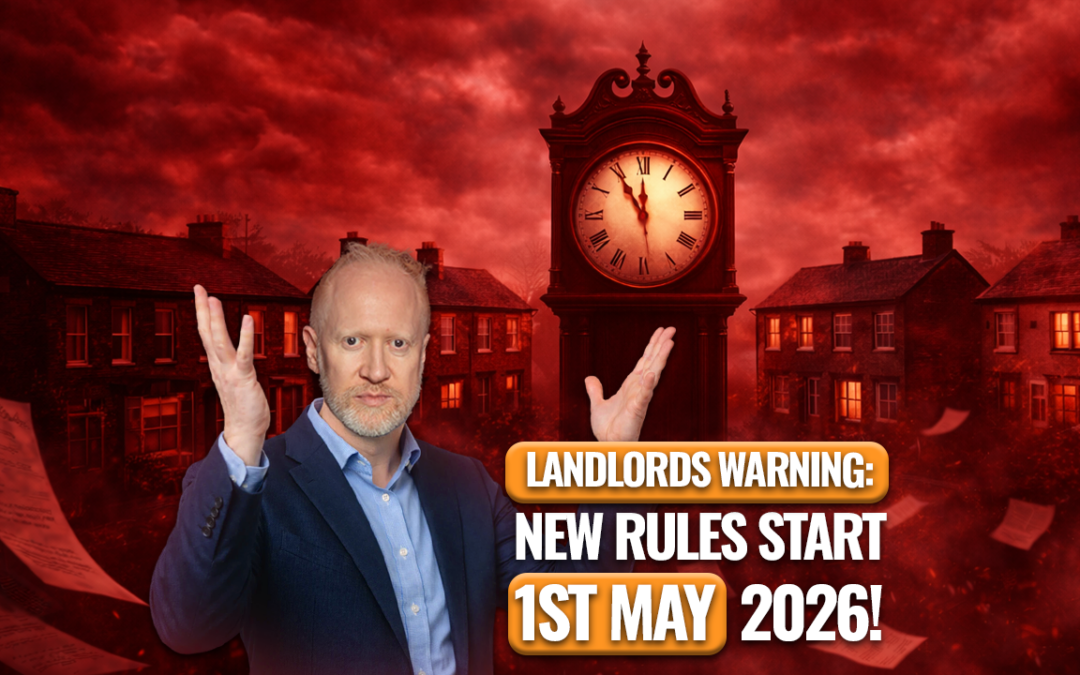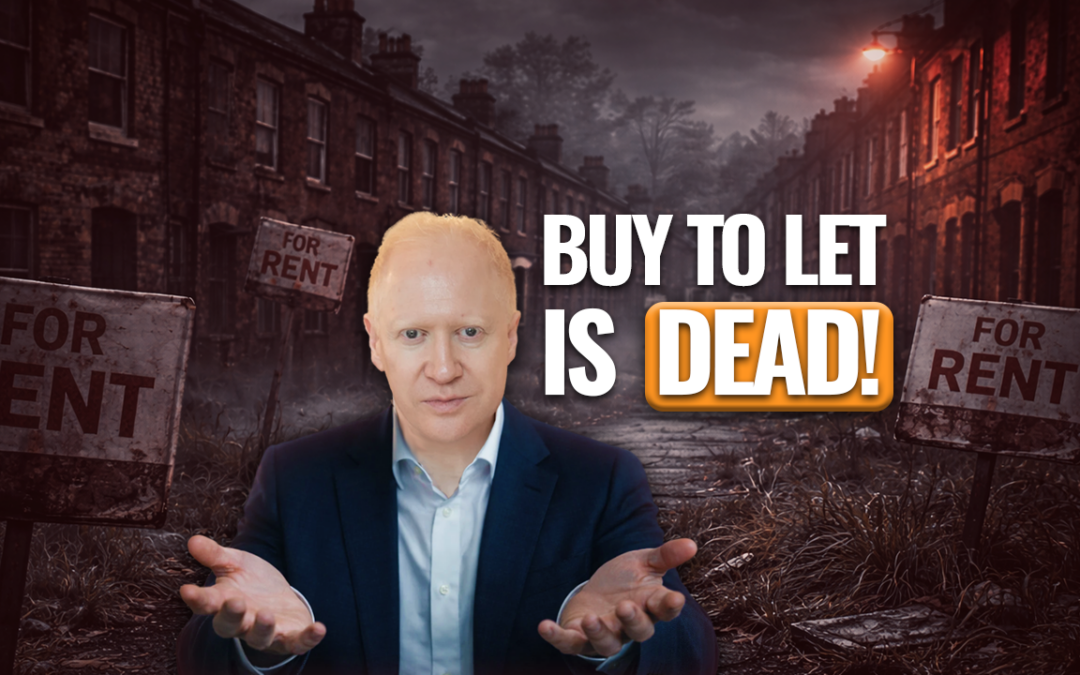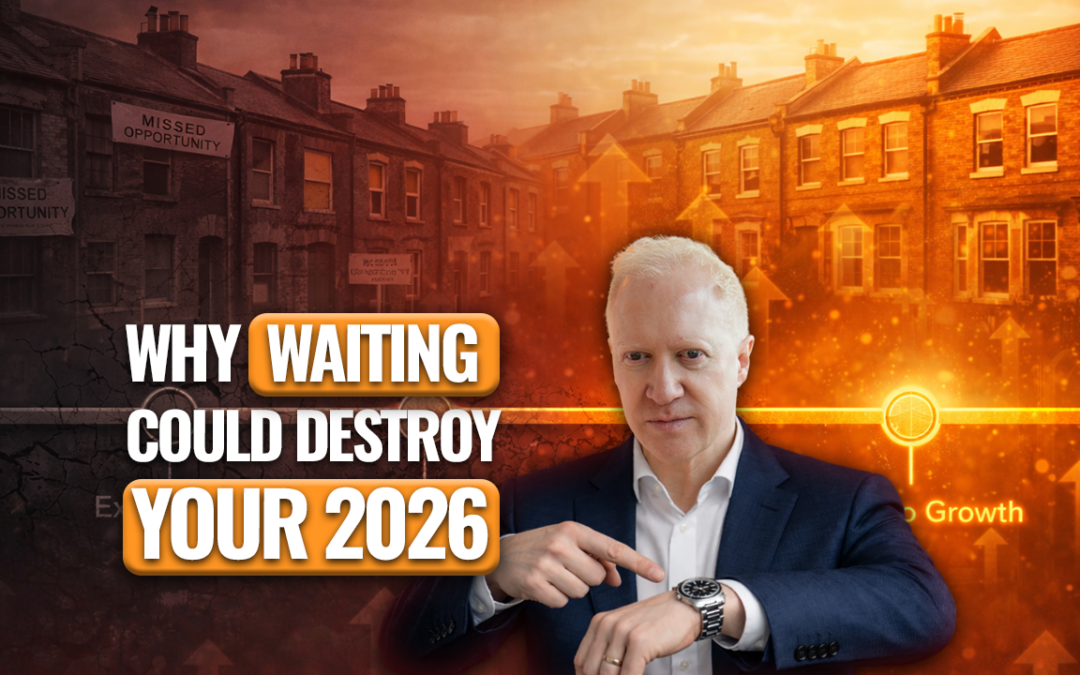One of the most common questions property investors ask in 2025 is whether it’s better to buy investment properties in their own name or through a limited company. It’s an important question, and the answer isn’t always straightforward—it depends on your personal circumstances, including your income level, tax position, how many properties you plan to own, and the rental income you expect to generate. However, there are some general principles that apply to most investors, and understanding them will help you make smarter, more strategic decisions as you grow your portfolio.
How Property Investing Worked Before 2015
Before 2015, the vast majority of landlords in the UK bought property in their personal names. It was the simplest, most cost-effective route. Getting a mortgage in your own name was far easier and cheaper than getting one through a company. Company mortgages typically came with higher interest rates, expensive arrangement fees, and additional legal costs, which made them unattractive to most people. On top of that, the tax system at the time heavily favoured personal ownership. Investors could fully offset their mortgage interest against their rental income, which significantly reduced their taxable profit. You could even remortgage your property, take out a large lump sum, and use that money however you liked—all without paying any tax on it. For those reasons, buying in your own name was the obvious choice for most landlords.
The Impact of Section 24
That all started to change in 2015 when the government announced the introduction of Section 24. This legislation, phased in from April 2017, changed the way landlords are taxed. The goal was to encourage landlords to use limited companies, which are easier for the government to monitor and regulate. Section 24 means that if you own property in your own name, have a mortgage, and are a higher-rate taxpayer, you can no longer fully deduct your mortgage interest when calculating your rental profit. This leads to higher tax bills, in many cases significantly so.
If you’re a basic-rate taxpayer and only plan to own one or two properties, this change might not have a massive effect. But if you’re planning to build a larger portfolio, replace your income, or leave a long-term legacy for your family, then buying through a limited company is likely to be the more efficient and profitable route.
Why a Limited Company Makes Sense in 2025
In today’s environment, purchasing investment property through a limited company is often the best option for serious investors. One of the biggest reasons is tax efficiency. Companies can still deduct the full amount of mortgage interest from rental income before calculating profits, which significantly reduces the tax payable.
Beyond that, a company structure can help with long-term legacy planning. By setting up a family investment company, you can remain in control of the business through voting shares while allowing your children or other beneficiaries to hold non-voting shares. This structure allows you to gradually pass on wealth and control in a tax-efficient way, potentially minimising inheritance tax if done correctly. It’s important to say here that everyone’s situation is different, so you should always get professional advice tailored to your goals and circumstances.
The Importance of Specialist Advice
When it comes to tax and structuring your property business, getting the right advice is critical. But not all accountants are familiar with the complexities of property tax. In fact, many general accountants don’t fully understand it. I once had a personal experience where my ex-partner was told by her accountant—who used to be an HMRC tax inspector—that she owed £45,000 in capital gains tax. Based on what I knew about property tax rules, I suspected that she qualified for a relief that her accountant had completely missed. After we pushed back and did some further investigation, it turned out she didn’t owe any tax at all.
The lesson here is simple: even professionals can get it wrong, especially if they’re not specialists in property. That’s why it’s essential to find an accountant who understands property tax specifically. Don’t just assume your existing accountant or advisor is up to the job—make sure they’re the right fit.

Should You Set Up a Company for Each Property or Strategy?
Another question I hear a lot is whether you need a separate company for each type of property or strategy. In most cases, the answer is no. You just need to understand the difference between an investment business and a trading business. Your long-term investments—like single lets, HMOs, or blocks of flats—should sit within an investment company. If you’re doing more active strategies like sourcing deals, rent-to-rent, or purchase lease options, those fall under trading activity and may require a separate trading company.
It’s also vital to use the correct SIC code when setting up your company. Lenders use this to determine what your business does, and they’re generally only comfortable lending to investment companies, not trading businesses. You can technically set up a company online for £15, but if it’s not structured correctly, it might not be fit for purpose. Spending a few hundred pounds with a specialist accountant upfront can save you thousands in the long run.
The Mindset Shift: Cost vs. Value
Many property investors—especially in the early stages—have a cost-focused mindset. They try to do everything as cheaply as possible. While that’s understandable when funds are tight, it’s not always the smartest approach. There’s a big difference between cost and value. For example, you might want to manage your own properties to save on letting agent fees, and in the beginning, that might make sense. But as your portfolio grows, managing tenants becomes time-consuming and takes you away from the real money-making activity: acquiring more properties.
When I started out, I managed everything myself. I thought I could do a better job than letting agents, and I even enjoyed meeting tenants at first. But that novelty wears off quickly. These days, I have no idea who my tenants are, and that’s how it should be. I pay professionals to look after them and the properties. That frees up my time to focus on growing the business. The more you shift your mindset from cost to value, the more efficiently you’ll be able to scale


